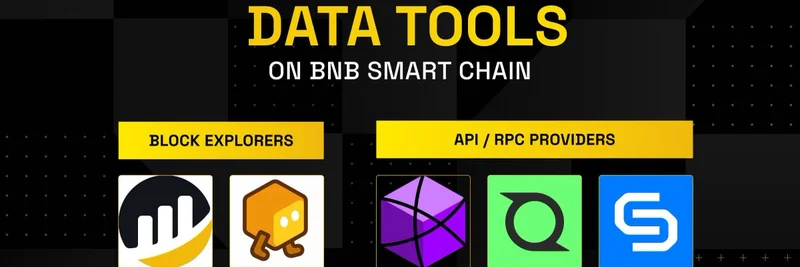In the fast-paced world of crypto, big whale movements always stir up excitement—and sometimes controversy. Recently, a massive Bitcoin whale made headlines by depositing a whopping 3,000 BTC, worth about $365 million, into Hyperliquid. For those new to the term, a "whale" in crypto slang refers to someone holding a large amount of cryptocurrency, capable of influencing market prices with their trades.
This news came from a post on X (formerly Twitter) by @mlmabc, who shared: "THE BTC WHALE IS BACK - just deposited 3K BTC ($365M) to Hyperliquid. Still holding 29.3K BTC ($3.57B) in the wallet." They even linked to the transaction details on Hypurrscan and Mempool.space for anyone wanting to verify.
Hyperliquid, if you're not familiar, is a decentralized perpetual futures exchange built on its own blockchain. It allows traders to bet on price movements of assets like BTC without expiration dates, often with high leverage. It's gained popularity for its speed and low fees, making it a go-to spot for degens (short for degenerates, a playful term for high-risk traders) chasing quick gains—especially in the volatile world of meme tokens and their derivatives.
But the real spice came from @bunjil's reply, turning this into a thread that highlights the quirky side of Crypto Twitter (often abbreviated as CT). Bunjil quipped: "CT sees this and starts writing threads about whether or not Hyperliquid is a “Net Negative” to “This Space” and how “Hyperliquid Culture” of “Extraction” needs to go. Would never happen on Ethereum."
What's Bunjil getting at? It's a satirical jab at how parts of the crypto community, particularly those loyal to Ethereum, might criticize platforms like Hyperliquid for being too focused on "extraction"—meaning prioritizing profits over building sustainable ecosystems. Ethereum, as the birthplace of smart contracts and home to major DeFi protocols, often positions itself as more "values-driven," emphasizing decentralization and long-term innovation over short-term trades.
Yet, Bunjil points out the hypocrisy: similar whale deposits on Ethereum-based platforms rarely spark the same backlash. Think about it—Ethereum has seen billions poured into its DeFi apps, from lending protocols like Aave to DEXs like Uniswap, without the same level of finger-wagging. This contrast underscores the tribalism in crypto, where loyalties to specific chains can color perceptions of what's "good" for the space.
For meme token enthusiasts, this is particularly relevant. Meme coins thrive on hype, liquidity, and rapid trading, and platforms like Hyperliquid offer perps (perpetual contracts) on popular memes, amplifying the fun (and risks). A big whale entering the scene could signal increased liquidity or upcoming volatility, which savvy traders watch closely. If you're building or trading in the meme ecosystem, keeping an eye on these movements helps gauge market sentiment.
One reply from @OxFemyn_DeFi asked for clarification: "To better understand what you just said, why do you think it will never happen on Ethereum?" It's a fair question that invites deeper discussion. Perhaps it's because Ethereum's culture leans more toward "building" with NFTs, DAOs, and layer-2 scaling, while Hyperliquid's vibe is unapologetically trading-focused. Or maybe it's just community bias at play.
As we see more cross-chain activity, these divides might blur. But for now, this thread is a reminder of the passionate, sometimes snarky debates that make crypto so engaging. If you're diving into meme tokens, tools like Hyperliquid could be your playground—just remember, with great leverage comes great responsibility (and potential liquidations).
Stay tuned to Meme Insider for more breakdowns on whale watches, chain rivalries, and how they impact your favorite memes. What's your take on this—team Hyperliquid or Ethereum all the way?


